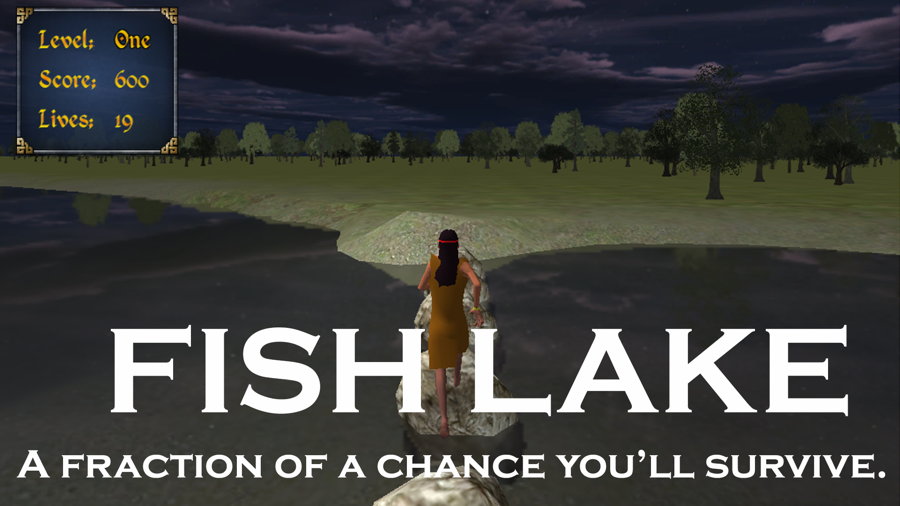30 Things I Learned in 30 Years as a Statistical Consultant – Part 1 of lots
Never fear, I’m not going to post all 30 things in this post. This is a series. A LONG series. Get excited.
I was invited to speak at SAS Global Forum next year and it occurred to me after thinking about it for 14.2 seconds that there are plenty of people at SAS and elsewhere that are more likely to have new statistics named after them than me.
While I can code mixed models, path analysis and factor analysis without much trouble, I’d be the first to admit that there are plenty of new procedures and ideas I see every year that I never really master. I mean to, I really do, but then I get back to the office and attacked by work. So, the person to introduce you to every facet of the bleeding edge, nope, that’s probably not me, either.
If you think this is where I experience impostor syndrome and say “I couldn’t possibly have anything worth saying”, we have obviously never met.

Okay, there’s the most current picture of me, so now you sort of know who I am. I figured I better post a current one because I had not updated my LinkedIn photo in so long that I connected with someone who said,
“Oh, I have met your mom.”
And I had to reply,
“No, you have met me. My mom is 86 years old and retired to Florida, as federal law requires. Florida state motto: Your grandparents live here.”
So, when do you get to these 30 things?
Now. I decided to divide everything I learned into four categories.
- Getting clients
- Getting data into shape
- Getting answers
- Getting people to understand you.
I picked four because if I had five or six categories, people would expect there to be an even number of points in each because 30 divides evenly by five and six. See? I am good at math.
The money part: Getting clients
First, decide what kind of statistical consultant that you want to be.
Are you a specialist or a generalist?
You can be like my friend, Kim Lebouton, who specializes in SAS administration for the automotive industry and seems intent on keeping with the same clients until she or they die, whichever comes first. I linked to her twitter because she is too cool to have a web page.
You could be like Jon Peltier of Peltier Tech and specialize in Excel. Basically, if there is anything Jon doesn’t know about Excel, it’s not worth knowing. Personally, I feel as if most things about Excel are not worth knowing, which is why I’m not that kind of consultant.
I do love that the Microsoft Store carries our games for Windows, though, so woohoo for Microsoft.

I’m the kind of statistician that doesn’t have a time zone.
A few years ago, I was at a conference when people were trying to coordinate their schedule for an online meeting. They were saying what time zone they were in and someone asked me,
“You’re on Pacific Time, right?”
My friend interrupted and said,
“She doesn’t have a time zone.”
It’s true. I was on Central Time last week, in North Dakota. I’m in California this week. Next week, I’m back on Central Time in Minnesota and South Dakota. The following week, I’m on Eastern Time in Boston.
In the winter here (which was summer there), I was in Chile. During the spring here (which was fall there), I was in Australia, and I’m in the U.S. now.
BUT HOW DO YOU FIND CLIENTS?
This is probably the question I get the most and I have an odd answer.
Get really good at something and the clients will find you.
Jon’s really good with Excel. Kim is superb at SAS administration. What am I good at? I’d say I am excellent at taking something that a client may only be vaguely aware is a statistical problem and solving it from beginning to end, in a way that makes sense to them.
If you try mansplaining me in the comments that what I do is called applied statistics, I will find where you live and slap you upside the head. I teach at National University in the Department of Applied Engineering. It’s in the fucking department name. I KNOW.
In response to the question in stats.stackexchange regarding the difference between mathematical statistics and applied statistics, there was this answer:
Mathematical statistics is concerned about statistical problems, while applied statistics about using statistics for solving other problems.
– Random person I don’t know on the Internet
Mathematical statistics often involves simulated (that is, fake) data, and nearly always uses data that is cleaned of data entry errors – in other words, not very representative of real life.
If you ask me, and even if you don’t , many data scientists act as if data issues can be fixed by having big enough data. This always seems to me similar to those startups who are losing money on every sale but aren’t worried because they are going to make it up on volume. Since data is key, let’s talk about that in the next post.
But wait! How do you get those first clients?
There is never a surplus of excellence – unless maybe you are an English professor, but they’re not reading this blog.
Network.
Let your professors know that you are interested in consulting. I got my first consulting contracts by referrals from professors who had more work than they could do. Similarly, I have referred several potential clients to students and junior professionals either because I was too busy, not interested or they could not afford my rates.
Go to conferences
I’ve had clients referred by other consultants who met me at a conference and a particular contract was not in their area of expertise but they thought it might be in mine. Similarly, I’ve referred clients to other people because I don’t really do that thing but maybe this person will be available.
Most jobs come by word of mouth
There is an evaluation consultant organization. I don’t know who the hell belongs to it. Much of the work that I do, someone’s job is on the line. That is, if they can’t demonstrate results, they may lose their funding and everyone in the building loses their job. In almost all of it, at some point the project director or manager or whoever is going to go present these results to a federal agency, tribal council or upper management, trusting that everything they say is true because I said so.
In that type of high stakes situation, they’re not going to get someone from an ad on Craig’s list. If that sounds like bad news, the good news is that after you have been around for a while and done good work, the jobs come to you.
Since a big difference between mathematical statisticians and applied statisticians is the messiness of the data, I’m going to address that in the next few posts. Expect more swearing. Because data.